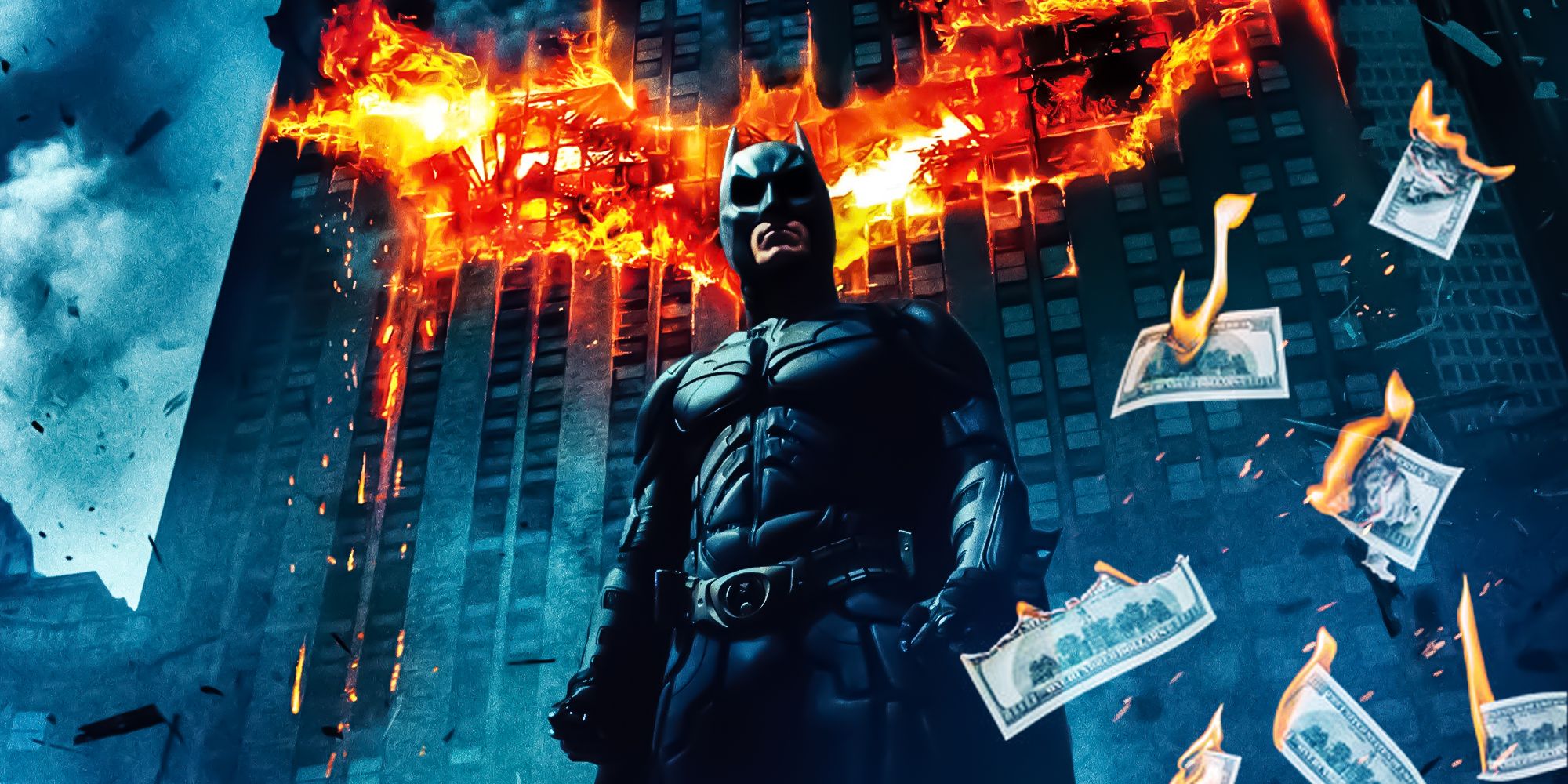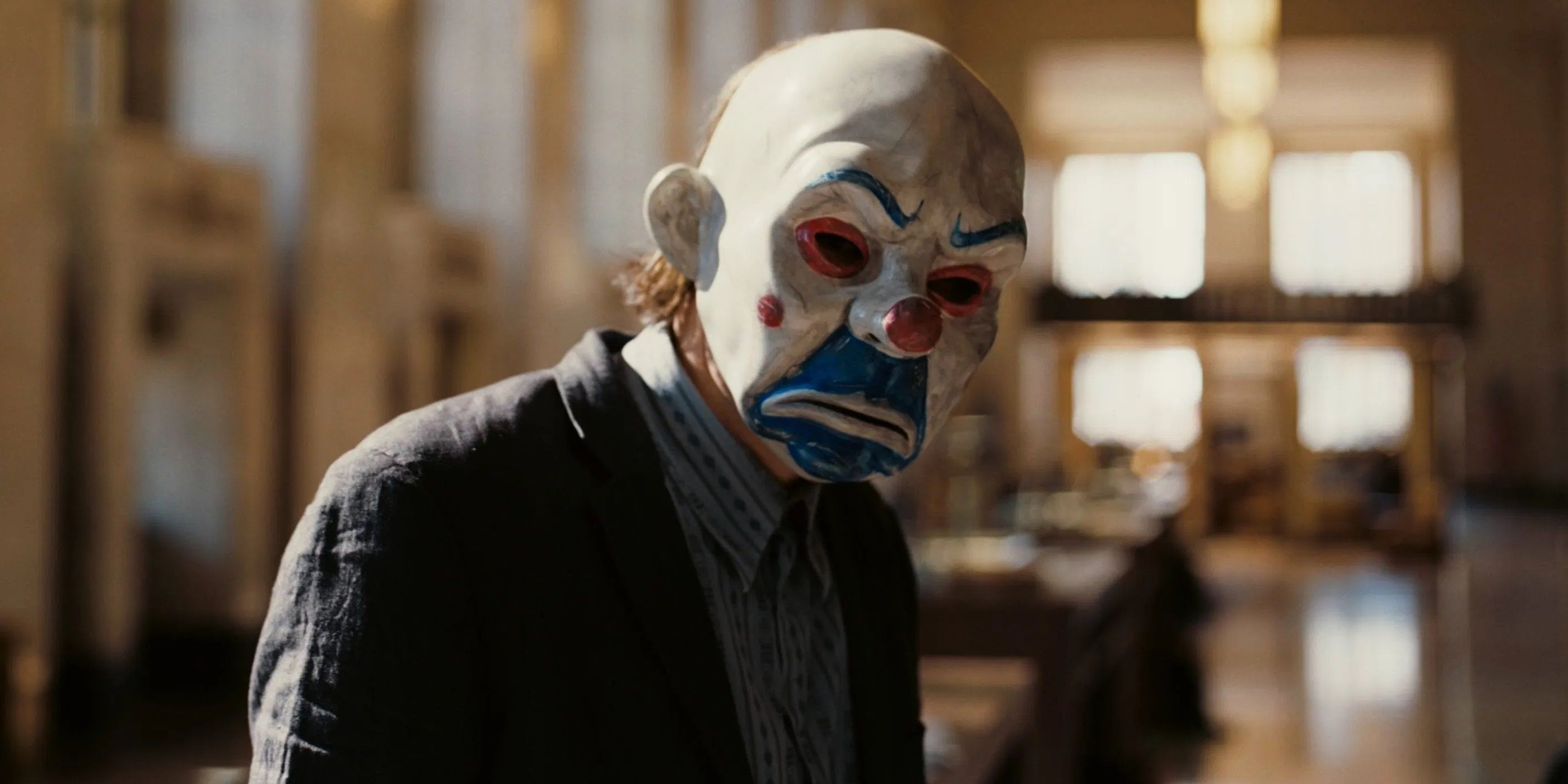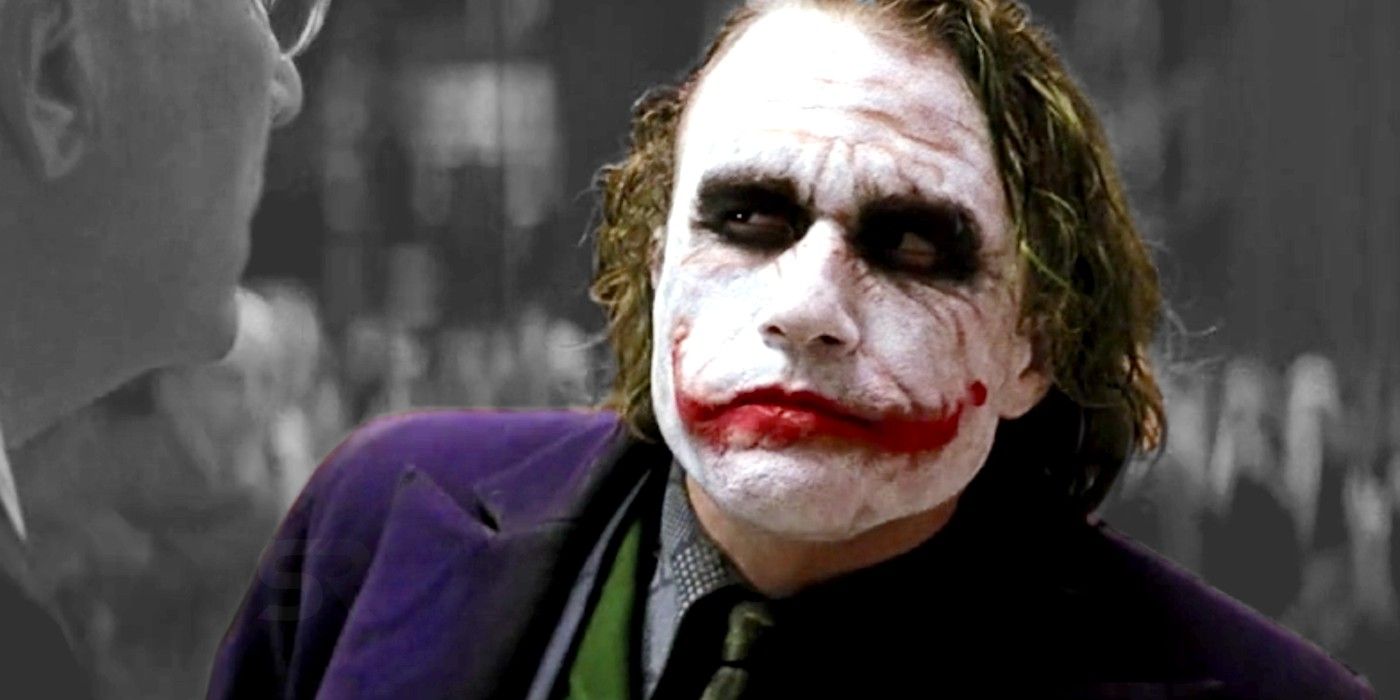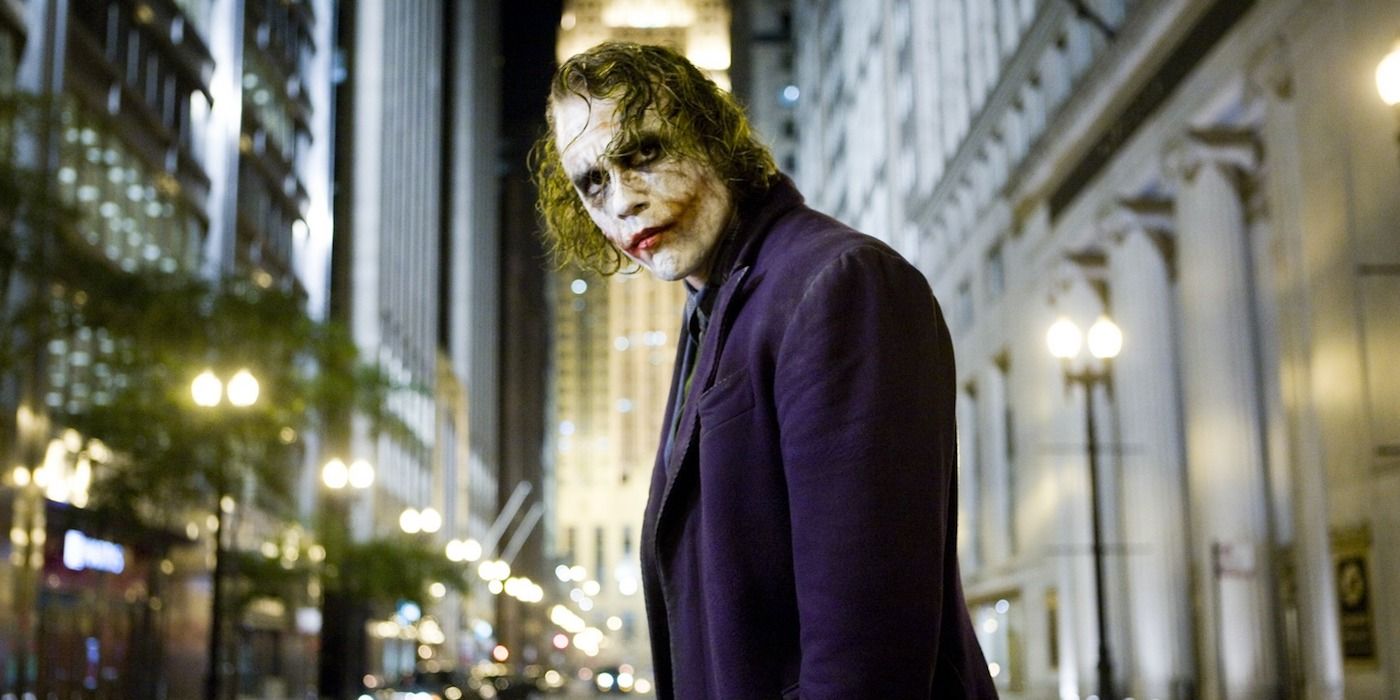The Dark Knight is considered one of the greatest superhero movies ever made, and it was a massive critical and commercial success, to the point where it broke a variety of records, and not just at the box office. Batman is one of the most popular and beloved superheroes, and as such, he has been adapted to all types of media for years, but his most notable adventures have happened on the big screen. The Caped Crusader’s film history has been full of ups and downs, and so far, its peak has been Christopher Nolan’s The Dark Knight.
Christopher Nolan delivered some of the most successful film versions of Batman in his Dark Knight trilogy, beginning in 2005 with Batman Begins, which introduced Christian Bale as the Caped Crusader. Batman Begins explored the origin story of the title character and saw him come face to face with Ra’s al Ghul (Liam Neeson) and Jonathan Crane/Scarecrow (Cillian Murphy), and its success made way for two more entries: The Dark Knight (2008) and The Dark Knight Rises (2012). The Dark Knight introduced a new Joker played by Heath Ledger, and thanks to his performance, the movie’s visuals, and its story, The Dark Knight became one of the best superhero movies ever, and stands out as the strongest entry in Nolan’s Batman trilogy.
The Dark Knight also became one of the most influential movies of all time, with critics calling it the movie that “legitimized” superhero movies in the eyes of film studios, thus preparing the ground for franchises like the Marvel Cinematic Universe and the DC Extended Universe. The Dark Knight also broke different records and not just at the box office, which further established it as one of the most important and influential movies as well as one of Nolan’s best works. Here’s every record broken by Christopher Nolan’s The Dark Knight.
The Dark Knight Made IMAX History
Movies shot on IMAX are common practice now, and in some cases, it’s almost expected that they will go on that route, mostly superhero movies and big-budget productions that heavily rely on their visuals. IMAX cameras weren’t a new thing when The Dark Knight was in development, but back then, it was a format primarily used for documentary movies, as it allowed filmmakers to capture more details. Now, Nolan had wanted to shoot a movie on IMAX for years before The Dark Knight happened, and during the press junket for the movie, producer Emma Thomas (via SlashFilm) explained that, when talking about what he wanted to achieve with The Dark Knight, Nolan said he wanted to “expand the world and make the film feel really huge”, so it was the right project to finally use IMAX cameras.
Thomas revealed that they had to prepare for that, and so they did a couple of test shots on The Prestige with an IMAX camera to get “a sense of the issues” there could be. Nolan’s original plan was to shoot five scenes of The Dark Knight in IMAX, but as production went on and they got more used to the IMAX cameras, they found that some scenes would have worked better in that format, and so they ended up filming four of the movie’s major sequences in IMAX, most notably the Joker’s opening bank robbery, and the car chase midway through the movie. That way, The Dark Knight became the first feature film partially shot in IMAX.
The Dark Knight Oscar Nominations & Wins
The Dark Knight’s success and quality were such that it caught the attention of the most important organizations in the entertainment industry, granting it several nominations for a variety of awards, including the Academy Awards. The Dark Knight got eight Academy Award nominations at the 81st Academy Awards in 2009: Best Supporting Actor, Best Art Direction, Best Cinematography, Best Film Editing, Best Makeup, Best Sound Editing, Best Sound Mixing, and Best Visual Effects. Out of all those, The Dark Knight won two Oscars: Richard King won Best Sound Editing (a win that prevented Slumdog Millionaire, the big winner of that year, from having a clean category sweep), and Heath Ledger was posthumously awarded the Oscar for Best Supporting Actor.
While it’s not surprising or strange now that a superhero movie is nominated for an Oscar, especially in technical categories like visual effects, sound, editing, and more, there’s still a lot of debate on how the Academy tends to oversee these movies for the rest of the categories, particularly Best Movie and the acting-related ones. The Dark Knight, then, stands out for being nominated for Best Supporting Actor, and Ledger’s win marked the first time a comic book movie got an Oscar in one of the acting categories. It’s also believed that, due to it being snubbed from the Best Picture nominations, The Dark Knight is the reason why the Academy expanded this category to ten movies, but the damage had already been done.
The Dark Knight’s Box Office Records
Last but absolutely not least, The Dark Knight also broke box office records. With a budget of approximately $185 million, The Dark Knight grossed a total of $1.006 billion, making it the fourth-highest grossing movie at the time and the fourth one in history to gross more than $1 billion. In 2022, The Dark Knight sits on the 48th spot on the list of highest-grossing movies of all time, with Star Wars: The Force Awakens sitting in the fourth place that once belonged to it. The Dark Knight also became the highest-grossing movie of 2008, followed by Indiana Jones and the Kingdom of the Crystal Skull and Kung Fu Panda, and it reached a $400 million domestic gross in a record time of 18 days, a record previously held by Shrek 2 (43 days).
Other box-office records by The Dark Knight were the highest-grossing domestic opening with $158 million (which it held for three years before being dethroned by The Dark Knight Rises and The Avengers), a record for midnight showings in the US by earning $18.5 million from 3040 theaters, another for an opening and single-day record gross of $67.2 million in 4366 theaters, and an IMAX opening-weekend record with $6.3 million, these last two also in the US. In other territories, The Dark Knight set a record for the largest superhero film opening (Australia, with $13.7 million over the weekend). The Dark Knight’s legacy goes beyond being one of the best film adaptations of Batman, leaving its mark in terms of format with its IMAX achievements, at the Academy Awards with Heath Ledger’s win and possibly being the reason behind now being 10 Best Picture nominees, and at the box office with its impressive performance in the US and other countries.




